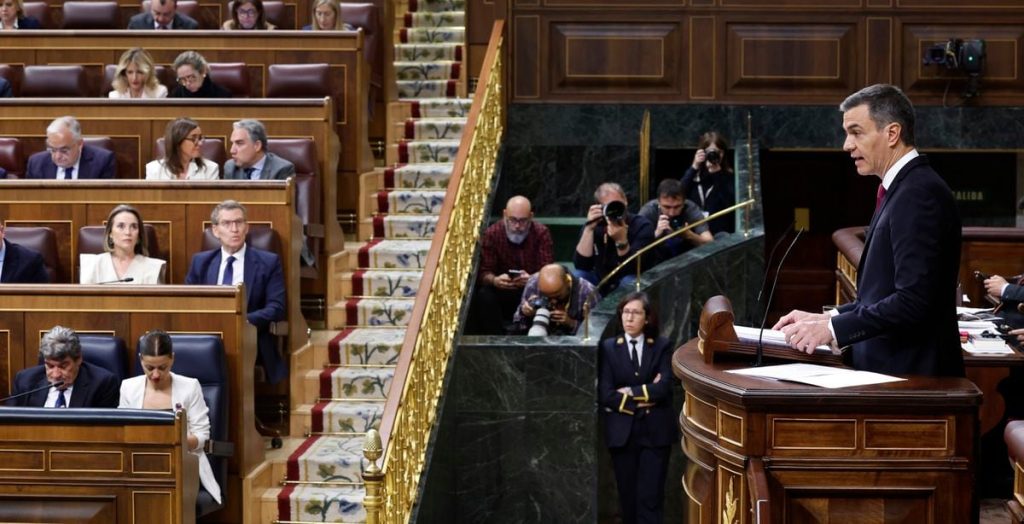During a session at the Congress of Deputies, Spanish Prime Minister Pedro Sánchez addressed the landscape of insecurity and geopolitical dangers surrounding Europe and Spain. The urgent need to halt the killings in the Gaza Strip highlighted the consensus among major parties on Spain’s position in support of a two-state solution, despite differing opinions on the timing of recognizing Palestine as a state. Sánchez has made this issue a cornerstone of his European leadership aspirations, garnering international sympathy, including from countries like Australia. The debate underscored a broad parliamentary majority supporting Spain’s stance on Palestine, showcasing a depth of discussion and argumentation rarely seen in politics.
Recognizing Palestine as a full-fledged state at the United Nations is not a mere symbolic gesture but a strategic tool to pressure Israel’s extremist government towards resolving the Gaza crisis. It also serves as a means of legal defense for Palestinians on the international stage as they struggle to assert their individual and collective rights. Sánchez’s advocacy for recognition is gaining traction internationally, as countries like Australia join the chorus of support. This move represents a concerted effort by Spain to exert influence on the Israeli-Palestinian conflict and uphold international law.
The recent debate in the Spanish parliament demonstrated the potential for reestablishing a minimum consensus on foreign policy, especially as Europe faces heightened geopolitical risks. The debate highlighted the importance of increased budgetary and coordination efforts in defense and security at national, EU, and NATO levels. Urgent action is needed to supply Ukraine with the arms and ammunition required to deter potential Russian aggression in the coming months. A potential agreement between the Socialist Party (PSOE) and the People’s Party (PP), possibly with the involvement of the Basque Nationalist Party (PNV), could offer opportunities for cooperation in addressing these challenges.
The existence of a possible consensus between the PSOE and PP on foreign policy contrasts with the reality that both parties have coalition partners who may not share the same views. This internal dynamic poses a challenge to crafting a coherent foreign policy strategy in Spain. External consensus is vital in confronting the growing geopolitical threats outlined by Sánchez, serving as a bulwark against polarization and extremism. The rhetorical tactics of electoral campaigns and the extreme rhetoric exhibited by some right-wing voices, as seen in the parliamentary session, underscore the importance of preserving reasoned political discourse amid times of instability and conflict.
The parliamentary debate, despite being overshadowed by electoral maneuvering and extremist rhetoric, highlighted the value of politics as an essential tool for addressing complex issues and maintaining social cohesion. Sánchez and other speakers, including Feijóo and Esteban, brought nuanced perspectives to the discussion, emphasizing the need to prioritize dialogue and cooperation over fear and demagoguery. The session underscored the need for a unified approach to foreign policy and security challenges, underscoring the significance of international consensus in navigating an increasingly uncertain global landscape.















